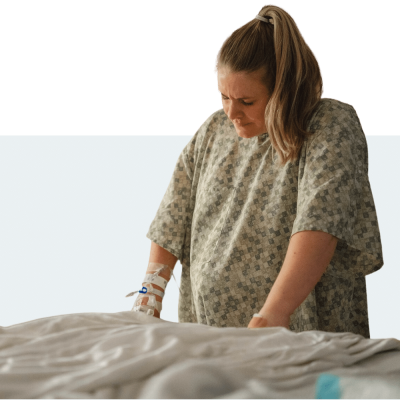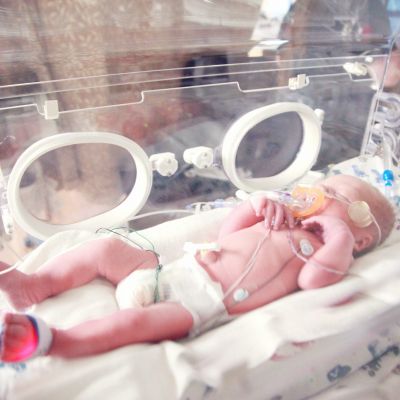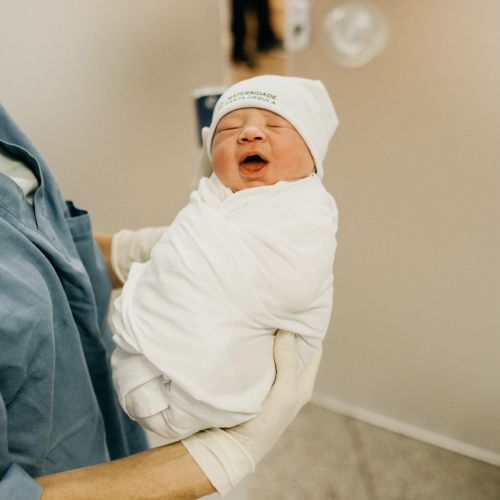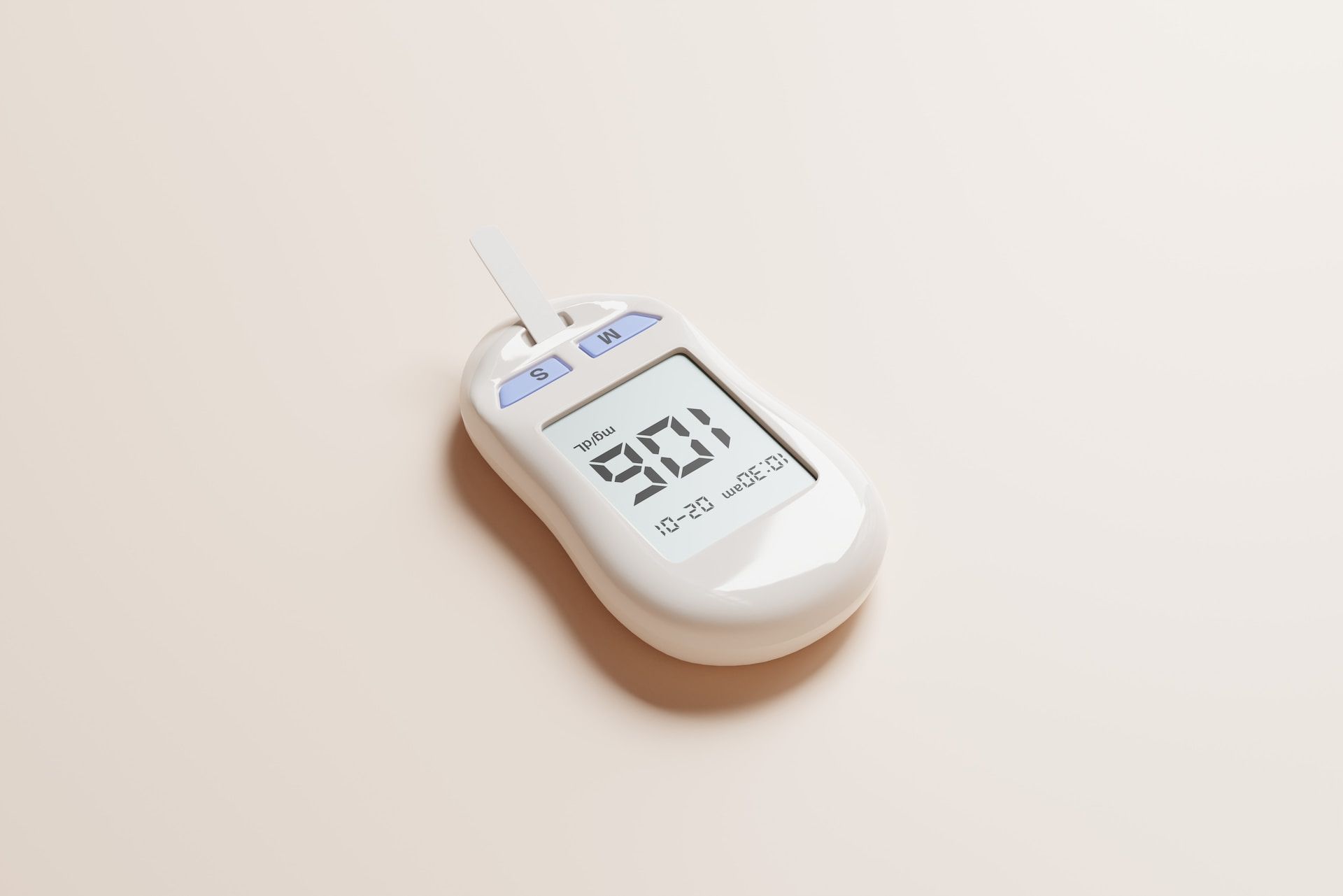Improving Care for
Tennessee MOMS AND BABIES
The Tennessee Initiative for Perinatal Quality Care (TIPQC) seeks to promote meaningful change, advance health equity, and improve the quality of care through pregnancy, delivery, and beyond for all Tennessee families.

Quality Improvement in Collaboration
Promoting
Change
Since 2008, TIPQC has engaged with birthing hospitals throughout Tennessee in order to improve maternal and infant outcomes. Through collaboration and coordination of high impact quality improvement initiatives, TIPQC works with healthcare providers, nurses, and other clinicians, patients and families, community partners, and public health leaders throughout the state to decrease health disparities and improve health outcomes for birthing people and their infants. Together we can!

84%
Severe maternal hypertension is one of the leading causes of maternal mortality worldwide. Among the second wave of participating hospital teams in TIPQC’s 2020-2021 Severe Maternal Hypertension-Optimizing Obstetrical Care Project, we saw an 84% increase in timely treatment.

96%
Through TIPQC’s Statewide simulation trainings, 96% of hospitals reported moderate to major impacts from simulation in the appropriate assessment of real-life cases.

83%
61,642 infants, or 83% of those in the TIPQC Optimal Cord Clamping project, received optimal cord clamping resulting in improvements in infant blood volume, cardiovascular stability, pulmonary circulation and transition, and neurodevelopmental outcomes.
TENNESSEE Urgency
AT A GLANCE
Join Us.
We’d Love To See You.
What We’re
Working On.

TeamBirth
TeamBirth puts the patient at the center of care in collaboration with their clinicians, focusing on teamwork and communication. The TeamBirth approach has been proven to improve patient satisfaction and safety.

Promotion of Vaginal Delivery
A vaginal delivery offers many benefits to mothers and babies, including shorter recovery times, fewer NICU stays, and lower chance of infection. TIPQC’s Promotion of Vaginal Delivery project strives to decrease NTSV C-section rates to <23.6% in all participating Birthing Hospitals.

Severe Intraventricular Hemorrhage
As the first project in the Tennessee Tiniest Baby Bundle, TIPQC’s Intraventricular Hemorrhage (IVH) project aims to reduce the rate of severe IVH, a concerning complication of preterm birth.
Our
Outcomes.
Since 2008, TIPQC has worked on a variety of projects with Tennessee birthing hospitals to improve outcomes for our moms and babies. While many TIPQC projects formally last two years, we encourage all participating hospitals to continue the initiatives into sustainment. Find more information on previous years’ TIPQC projects here.
-

Timelier Treatment for Maternal Hypertension
Beginning in late 2020, TIPQC began Wave 1 of the AIM Severe Maternal Hypertension project to increase timely treatment of severe hypertension in pregnant and postpartum women. Pilot teams saw a 46% increase in the timely treatment, and the second wave of teams saw an 86% increase in treatment of severe maternal hypertension.
-

Better Treatment for Opioid Exposed Newborns
90% of opioid exposed newborns discharged received a referral to a pediatric development clinic/specialist following Wave 2 of TIPQC’s Opioid Use Disorder in Pregnancy & Opioid Exposed Newborn Project.
-

Enhancing Newborn Odds through Optimal Cord Clamping Timing
Through TIPQC’s Optimal Cord Clamping project, almost 62,000 infants had their umbilical cord clamped at 60 seconds of birth, demonstrating a 69% increase.
-

Increases in Sleep Audits for Safety
TIPQC Safe to Sleep teams saw a 22% increase in safe sleep audits compliant with AAP guidelines from June 2020 – June 2021.
News & Insights.
Get
Involved.
TIPQC is actively recruiting devoted health care professionals, community leaders and patient and family partners to further our mission of improving health outcomes for mothers and babies in Tennessee.





